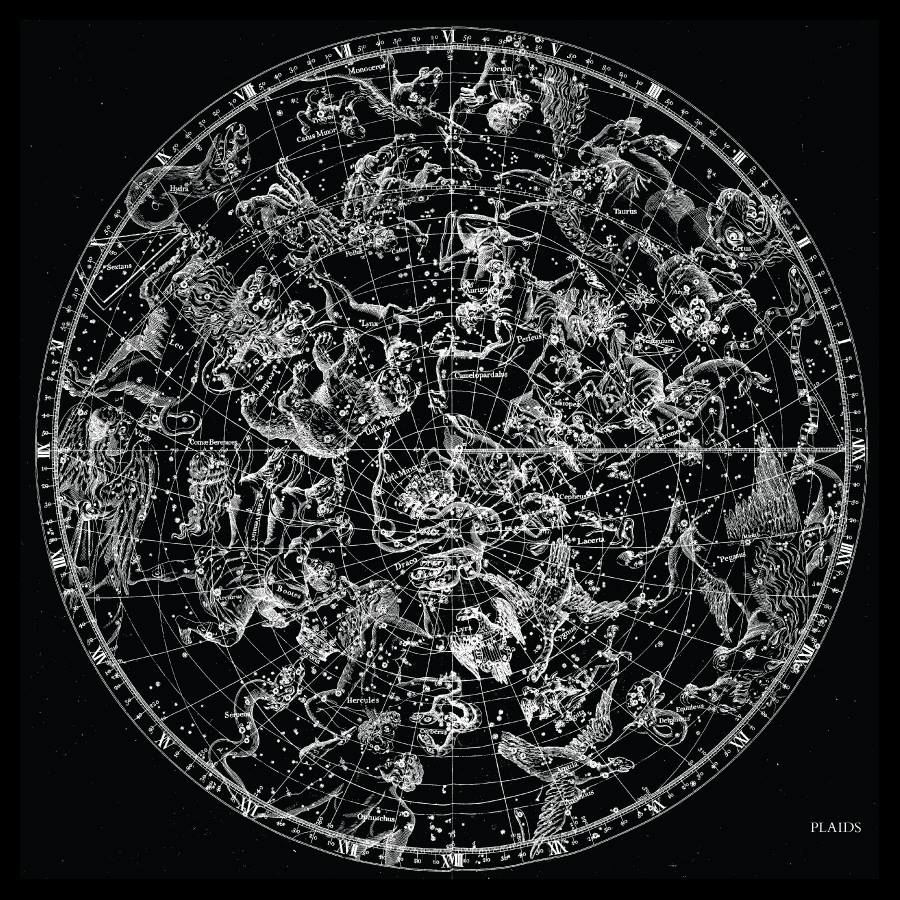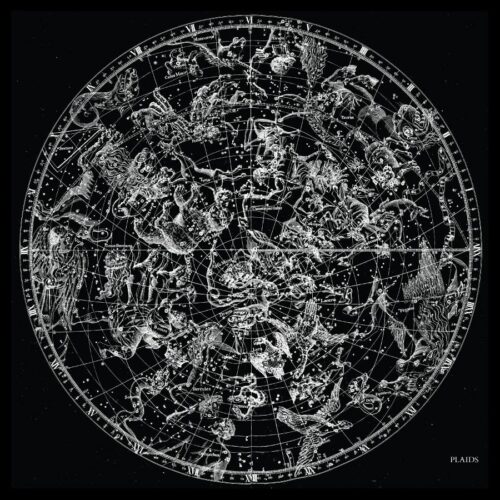When they first appeared in 2012 from the ashes of the excellent What Price? Wonderland, Nottingham’s Plaids were grouped within a small cluster of bands—including City Dweller, Facel Vega, and more recently, Cop—that comprised what was then considered a micro-revival of the Revolution Summer sound. A glut of decent releases, largely via splits with No Action, Mars To Stay, Football, etc. and XAXAXA, displayed a healthy predilection for Rites Of Spring and Rain, but whilst this, their debut full length, still sounds fundamentally grounded in the classic Dischord records of the 1980s and 90s, it’s such a successfully breathless amalgam of wider signifiers that it sidesteps any notions of tired homage and sounds genuinely, unexpectedly fresh.
It’s also easily the best thing Plaids have recorded. Explicit nods to ’85 are still prevalent, not least in singer Joe Caithness’ sing-speak vocal style and intonation, which is uncannily similar to that of Guy Picciotto at times; but it’s the band’s ability to evoke frequent, fleeting shimmers of myriad other bands that impresses most, displaying both deft melodic and technical touches, and accurate referential nuance, subsequently owing as much to John Reis, J Robbins and, surprisingly, Jason Farrell (Bluetip are far from a fashionable act to ape, though I’m guessing it’s bands such as this and Juno that Plaids have in mind when they cite "space rock" as an influence; there’s no post-prog here to speak of whatsoever) as it does their chest-clutching 80s forebears: ‘Twenty’ begins with a guitar line lifted directly from Relationship Of Command-era At The Drive-In, before segueing within a minute to scratchy octave chords evocative of Die Kreuzen; ‘Twenty Six’ and ‘Twenty Seven’ channel the discordant power and wistful melody of Jawbox’s ‘Breathe’ and ’68’ to fine effect; and the brief bass/harmonic break on ‘Twenty Nine’ will likely be the first time—for shame—that many of those listening to Plaids will have heard the opening passages of The Hated’s ‘Anonymous Descriptions Of Uncontrollable Urges’. The near constant reverting to the band members’ record collections would seem hagiographical if the signifier-spotting wasn’t all such great fun.
Despite a somewhat spindly production job, Plaids sounds pretty thrilling: all tremulous, speedy post-hardcore bluster and drums lifted from Assfactor 4, switching tempo and direction on a knife edge. Most notable is Matthew Green’s relentlessly inventive guitar work, which flits casually between driving power chords, spiralling lead lines and jangly shimmer, generally within each track’s short duration. Caithness is far from a brilliant lyricist, maintaining a largely relentless stream of obtuse mental meandering, though there’s engaging touches in his quoting his own mother and allusions to punk community inclusivity (Caithness, it should be added, is a particularly vocal proponent of DIY proactivity and is largely responsible for running Nottingham’s JT Soar, one of the country’s best scene hubs).
There’s also a certain regressive poetry to lines such as "Someone picked up a mound of dust and rubble, and counted pieces lying on the ground / Uncharted instinct meant that shards would look like limbs and particles of nothing become bound" and, "Subtract and divide and pick and chose the numbers you’re left with when added to what you could have / It equals a total of nothing". It’s reiterated by the breathless torrent in which they’re delivered; in the climactic passages of ‘Twenty’, Caithness yells "I want to speak! / I want you to speak! / Open your mouth!", eliciting satisfaction in his hysterical delivery.
The press release for Plaids notes that existentially-driven notions of space—informed, apparently, by marathon sessions of Carl Sagan’s Cosmos—act as an overall theme for the record; though this largely slips by unnoticed, there’s an affective, appropriate highpoint of sorts in ‘Twenty Two’, Caithness murmuring the lines "To see a sky and hold a mirror up to it, your single face reflecting back a perfect fit / An empty void if travelled far enough to see the source of everything that’s real to you and me" over a soaring wash of guitar. Not a perfect record, but doubtless one that will come to be seen as something of a touchstone for this vein of thrashy modern emo.
<div class="fb-comments" data-href="http://thequietus.com/articles/16061-plaids-plaids-review” data-width="550">



